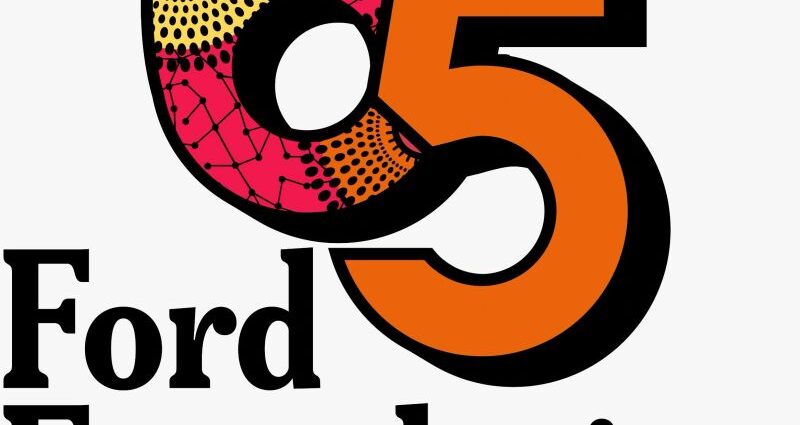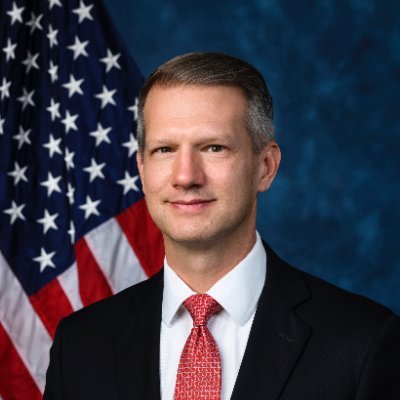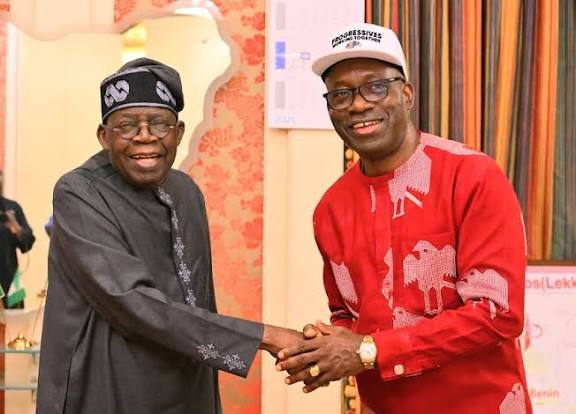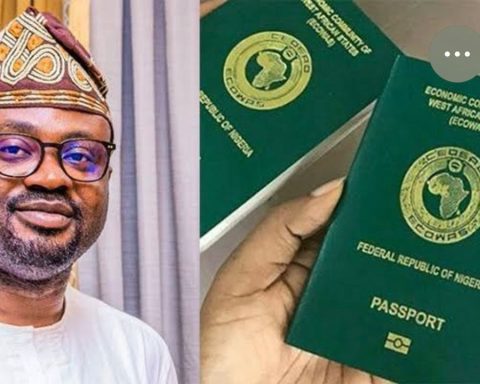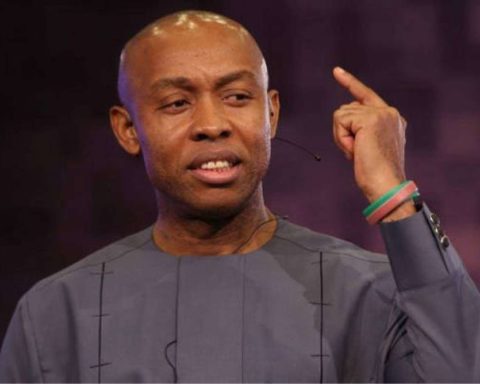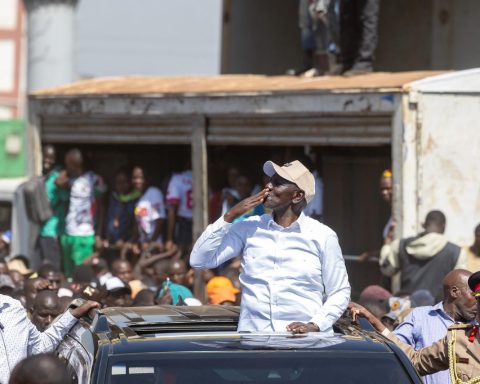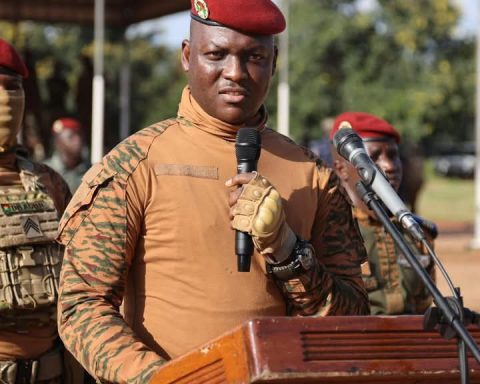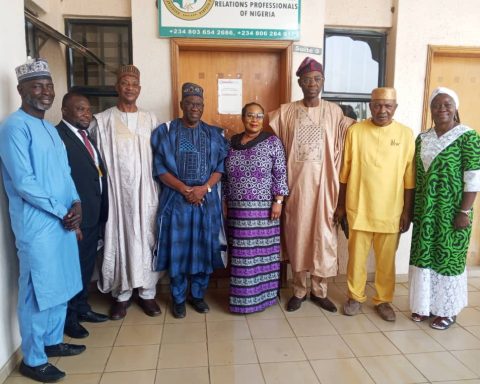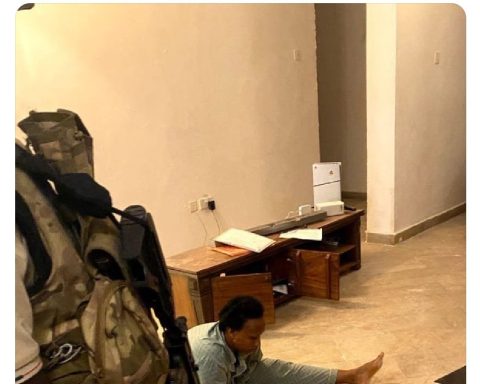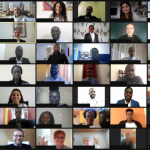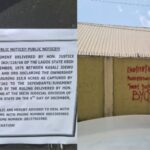When the Ford Foundation opened its West Africa office in Lagos in 1960, the region was at the dawn of self-rule.
Universities were emerging, civil services were taking shape, and newly independent nations needed skilled personnel to run their governments.
Few could have imagined that the institution establishing itself on Lagos Island would, over six decades, become a central force in shaping West Africa’s human rights landscape, civic movements, agricultural research, and democratic reforms.
Join our WhatsApp ChannelSixty-five years on, that influence is unmistakable.
Last week in Abuja, the Ford Foundation marked its 65th anniversary with a gathering that blended celebration and introspection, a moment to honour the past while reflecting on the challenges ahead.
Tracing a Region’s Evolution
Ford Foundation’s Regional Director, Dr. ChiChi Aniagolu, captured the organisation’s journey in one line: “Our story is intertwined with West Africa’s story.”
At independence, the Foundation focused on building the human capacity needed for nation-building, supporting universities, training teachers and civil servants, and opening opportunities for emerging leaders, including Kofi Annan.
During and after Nigeria’s civil war, its mission shifted to agricultural revival and reconstruction, contributing to the establishment of the International Institute for Tropical Agriculture (IITA). By the 1990s, as military rule deepened, the Foundation redirected its efforts toward civil liberties, women’s rights, and democratic participation.
Today, Aniagolu said, the priority is confronting inequality and strengthening justice for marginalised communities.
“We don’t dictate; we collaborate,” she said. “We give flexible funding so partners can innovate, take risks, and drive lasting change.”
This ethos of partnership has guided the Foundation’s work across sectors, from education and civic engagement to gender justice and climate action. A practical example is the Foundation’s targeted support to the Independent National Electoral Commission (INEC) during Nigeria’s recent elections, where logistical assistance improved the timely delivery of materials, ensuring more credible voting processes.
The 65th anniversary in Abuja brought together grantees from across West Africa for a two-day reflection and strategy session, culminating in a documentary showcasing six and a half decades of impact. “This milestone invites reflection on our shared journey and renewed resolve to advance social justice and inclusive development across the region,” Aniagolu said.
Osinbajo’s Challenge: Put People Above GDP
Former Vice President Prof. Yemi Osinbajo, delivering the keynote address, called for a fundamental rethink of Africa’s development agenda.
“Africa is the fastest-growing continent in GDP terms, yet one of the lowest in quality of life,” he said. “Growth that excludes the majority is not development.”
Osinbajo linked inequality to climate vulnerability, warning that Nigeria could face up to 9.4 million internal climate migrants by 2050. He called climate justice both a moral and economic imperative, urging global actors who contributed to carbon emissions to support adaptation efforts.
He also described corruption as a development threat, not merely a governance issue, noting that unchecked graft could cost Nigeria 37 percent of its GDP by 2030.
“Anti-corruption is social justice,” he said. “It protects public resources and expands opportunities.”
Sen. Abubakar Bagudu, Minister of Budget and National Planning, commended the Foundation for its long-standing partnership, describing the anniversary as timely for deepening collaboration on inclusive development. He highlighted the government’s efforts to map opportunities across Nigeria’s 8,809 wards to promote equitable prosperity.
READ ALSO: Ford Foundation Announces Heather Gerken As New President
A Legacy of Impact
Over its 65 years in West Africa, the Ford Foundation has awarded more than 2,700 grants to 1,098 partners, totalling over $500 million. Its programmes span Nigeria, Ghana, and Senegal, addressing poverty, inequality, and human rights challenges while fostering democratic values and civic engagement.
From supporting Nigeria’s early universities and civil service to championing grassroots movements, gender equality, environmental justice, and democratic accountability, the Ford Foundation has quietly reshaped West Africa’s development landscape. Its strategy of trust-based, flexible funding has allowed local organisations to lead, innovate, and create lasting social impact.
A Distinct Philanthropic Model
In a space often criticised for donor overreach, the Ford Foundation insists its approach is different.
“We don’t issue calls for proposals,” Aniagolu-Okoye said. “We identify people whose ideas align with our mission and stand beside them.”
Partners define their own metrics, emphasising long-term change over short-term outputs, a philosophy built on trust, patience, and local ownership.
A Movement Still Evolving
Over six decades, the Foundation has backed initiatives that shaped the region’s civic, social, and developmental trajectory, including:
- Supporting the establishment of major Nigerian universities
- Helping create IITA and advancing agricultural research
- Backing early human rights organisations like the Civil Liberties Organisation
- Supporting the SERAC case that advanced environmental justice in Ogoniland
- Helping improve credibility in Nigeria’s 2011 elections
- Co-launching KASA!, a major gender-based violence prevention initiative
- Strengthening land rights, climate justice, feminist movements, and civic space
- Co-founding the $21.5 million West Africa Democracy Fund in 2024
This ecosystem of work has consistently emphasised long-term partnerships over quick wins.
Senior Vice President Martín Abregu noted that the Foundation’s future lies in deeper collaboration with communities rather than expanding its footprint.
“West Africa holds the answers to its own challenges,” he said. “Our role is to listen, support, and amplify local solutions.”
Aniagolu summed up the Foundation’s ethos: “Our legacy is not the half a billion dollars granted. It is the spirit of partnership”.
As part of the anniversary activities, the Foundation premiered its documentary and convened partners from across the region to reflect on shared lessons and emerging challenges. Stories of impact, resilience, and advocacy underscored the ongoing fight for justice, especially as younger generations demand that democracy deliver fairness, opportunity, and dignity in daily life.
“Change takes time and courage. Progress is not imported; it is imagined, shaped, and owned by West Africans themselves,” Aniagolu said. “Social justice is not a luxury; it is the foundation of thriving societies and inclusive growth.”
The 65th anniversary celebration reaffirmed the Foundation’s mission: to partner with communities, champion dignity, and ensure that West Africa’s citizens can lead lives of opportunity and justice.
“We will continue to take the back seat,” Aniagolu added, “but we will never stop pushing for a West Africa where everyone has a fair chance at a dignified life.”
Amanze Chinonye is a Staff Correspondent at Prime Business Africa, a rising star in the literary world, weaving captivating stories that transport readers to the vibrant landscapes of Nigeria and the rest of Africa. With a unique voice that blends with the newspaper's tradition and style, Chinonye's writing is a masterful exploration of the human condition, delving into themes of identity, culture, and social justice. Through her words, Chinonye paints vivid portraits of everyday African life, from the bustling markets of Nigeria's Lagos to the quiet villages of South Africa's countryside . With a keen eye for detail and a deep understanding of the complexities of Nigerian society, Chinonye's writing is both a testament to the country's rich cultural heritage and a powerful call to action for a brighter future. As a writer, Chinonye is a true storyteller, using her dexterity to educate, inspire, and uplift readers around the world.


